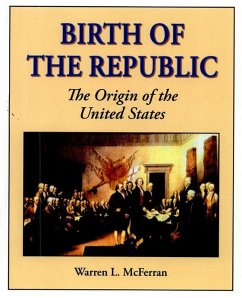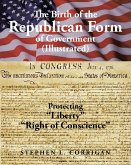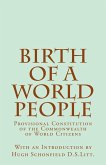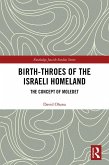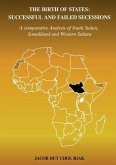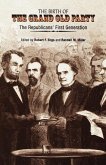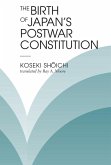A chronicle of the rise of American civilization from its inception through the American Revolution and the Constitutional Convention of 1787, this scholarly text examines the differences between a national, or centralized and consolidated, system and a federal, or localized and state-focused, system of government. Emphasizing the Christian foundations of the United States, the colonial preference for principles of federalism, and the American rejection of socialism, Warren L. McFerran provides a detailed analysis of the Declaration of Independence, the Articles of Confederation, the Federalist Papers, and the federal Constitution.
During the Constitutional Convention of 1787, the delegates introduced contending plans of government and an intense struggle between the advocates of federalism and nationalism emerged. The champions of federalism and state sovereignty triumphed at that convention, yet this essential policy of power decentralization was to change in the centuries to follow. With conviction, McFerran brings this discourse of federalism vs. nationalism into the twenty-first century, exposing the present big, national government as one hostile to the liberties of the American people. He ultimately demonstrates the manners in which a federal system best serves the freedoms of Americans, much as our Founding Fathers intended.
During the Constitutional Convention of 1787, the delegates introduced contending plans of government and an intense struggle between the advocates of federalism and nationalism emerged. The champions of federalism and state sovereignty triumphed at that convention, yet this essential policy of power decentralization was to change in the centuries to follow. With conviction, McFerran brings this discourse of federalism vs. nationalism into the twenty-first century, exposing the present big, national government as one hostile to the liberties of the American people. He ultimately demonstrates the manners in which a federal system best serves the freedoms of Americans, much as our Founding Fathers intended.

